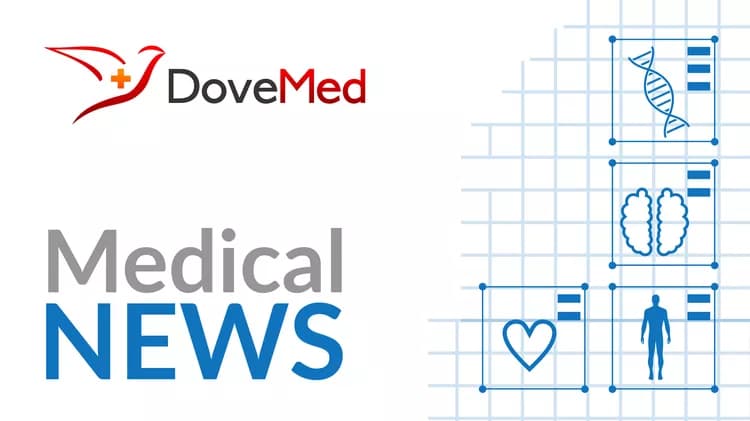
Potential Treatment Target For Crohn's Disease
There is no cure for the more than 1.6 million people in the United States living with Crohn's disease (CD) and its symptoms, including abdominal pain, intestinal distress and severe weight-loss. CD is a form of inflammatory bowel disease (IBD) in which the body's own immune system attacks the gastrointestinal tract, and treatment is focused on controlling the symptoms of the disease in its acute phase and managing it in remission. But recently, researchers at Case Western Reserve University School of Medicine identified a pathway in the immune system activated in CD and which holds promise for investigating new treatments.Fabio Cominelli, MD, professor of medicine at the School of Medicine and chief of gastroenterology at University Hospitals Cleveland Medical Center, led a three-year study, published recently in Cellular and Molecular Gastroenterology and Hepatology, focusing on the chronic inflammation that occurs in genetically susceptible individuals with CD.
Using mouse models of CD, Cominelli and his team investigated the interaction between a class of proteins called tumor necrosis factor and receptors on the surface, called Fn14. Their goal was to see how the tumor necrosis factor (or TWEAK, for Tumor Necrosis Factor-like Weak Inducer of Apoptosis) and its cell receptor, Fn14, may play a dual role of both protecting the intestine from acute and chronic inflammation characteristic in CD, and how it might also trigger it.
Scientists have been studying the TWEAK/Fn14 interaction for at least two decades to understand its role in inflammation. Cominelli and his team, however, are the first to describe this signaling complex in CD.
"During early inflammation, TWEAK/Fn14 activates to heal tissue damage," said Cominelli. "However, during later, chronic inflammation, increased and persistent levels of Fn14 may lead to pathologic inflammation and fibrosis."
Today's CD treatments, such as steroids and monoclonal antibodies, may work for a while, but often cease to be effective. They also may cause hypertension, infection and the risk of birth defects in pregnant women being treated for IBD. As CD patients endure a roller-coaster ride of flare-ups, repeated hospital stays, surgeries and treatments relieved by intervals of remission, the disease becomes dramatically life-changing and emotionally stressful.
To better understand the link between TWEAK/Fn14 and chronic inflammation, the team of researchers used mice bred to develop CD-like disease, and then genetically deleted the cell-surface receptor Fn14. The mice with genetically deleted Fn14 had less severe inflammation. Those with the Fn14 receptor had chronic intestinal inflammation and scarring.
To test whether their findings in mice could be meaningful to CD in humans, the research team then used molecular diagnostics to analyze resected intestinal tissues from patients with and without IBD. The results showed significant TWEAK/Fn14 overexpression in tissue from patients with CD. Cominelli believes that blocking Fn14 pharmacologically using novel drugs and antibodies may ameliorate the inflammation and fibrosis in CD.
The study has implications for cancer treatment as well. According to Cominelli, since chronic inflammation can lead to the initiation and growth of tumors in patients with IBD, those patients are exposed to a risk of developing colorectal cancer that is directly proportional to the extent and duration of their disease.
"This research establishes the rationale for investigating innovative therapies that can improve and save lives," Cominelli said.
Related Articles
Test Your Knowledge
Asked by users
Related Centers
Related Specialties
Related Physicians
Related Procedures
Related Resources
Join DoveHubs
and connect with fellow professionals

0 Comments
Please log in to post a comment.